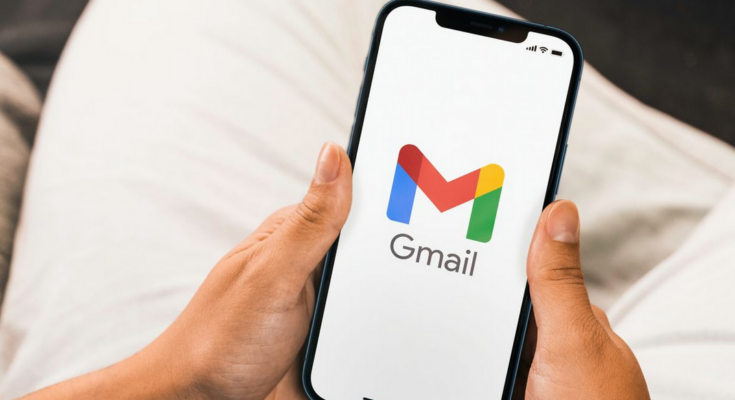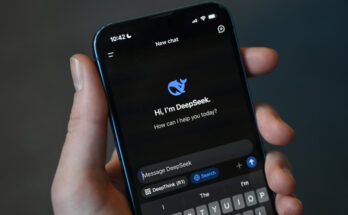Key Takeaways
- AI is being used by scammers to target Gmail users with calls and emails, deceiving them into disclosing their login information.
- AI-generated voice calls and phony emails masquerading as real contacts are part of these attacks.
- Users should be vigilant if something sounds strange and confirm the source of emails or calls in order to stay secure.
On his blog, Microsoft solutions consultant Sam Mitrovic discussed an AI attack that connives to defraud Gmail users online or over the phone by using “super realistic scam calls” and emails.
Mitrovic was notified that his Gmail account may be recovered, but he turned it down. After a while, he allegedly got a missed call notification from Google Sydney.
A week later, this occurred once more. When Mitrovic answered the phone this time, he heard an American voice verify that there had been unusual activity on his Gmail account. According to reports, attackers obtained access and downloaded data.
Increasingly suspicious, Mitrovic searched Google for the number. Scammers typically conceal the source of a call, even if it seemed genuine and came from a support page. In order to verify that this was a legitimate call from Google, Mitrovic requested an email.
The email arrived with a non-Google domain address in the “to” box. Mitrovic also recognized that the call’s voice, which kept saying “Hello” despite getting no answer, was artificial intelligence (AI) and was too flawless.
He hung up the phone at this point. Hackers might have been able to access Mitrovic’s Gmail account, though, if he had granted the caller access to his credentials or accepted the account recovery notification.
Mitrovic also saw a Reddit remark stating that they had received a similar email.
To protect yourself from AI hacks, stay alert.
You can take the following precautions to guard against this most recent AI attack and other complex scams:
- When checking your email, always take your time. Users are more likely to divulge personal information and become less watchful when scammers instill a sense of tension or anxiety in them.
- Never open an attachment or click on a link in a dubious email.
- Keep an eye out for spelling or grammar errors, as these could be signs that the email isn’t coming from a legitimate source.
- To determine the number from which questionable calls are coming, use a reverse phone number lookup or a Google search. You might discover that similar calls have been made to other people.
- Verify whether the domain name in an email matches the sender by looking at the “to” and “from” boxes.
- Alternatively, you can open the email, click the three dots in the upper right corner, and choose Show Original to view the email headers.
- Make sure your antivirus software is up to date, and perform routine device scans.
Examine Your Gmail Sign-in Activity to Prevent Scams
You can examine your account’s sign-in behavior if someone calls or emails you to report that your Gmail account has been compromised. To achieve that, follow these steps:
- Choose Manage Your Google Account after clicking the picture of your Gmail profile.
- Choose Security from the left menu.
- Check the Recent Security Activity section for logins.
If you are unsure whether a call or email is authentic, it is always better to be safe than sorry. Users of Gmail should be aware that Google will never contact them unless their account is linked to a Google Business profile.
Mitrovic said that frauds are getting “more sophisticated,” and he gave these con artists an “A for effort.” Staying alert or getting help from a reliable person are the greatest ways to protect yourself.



